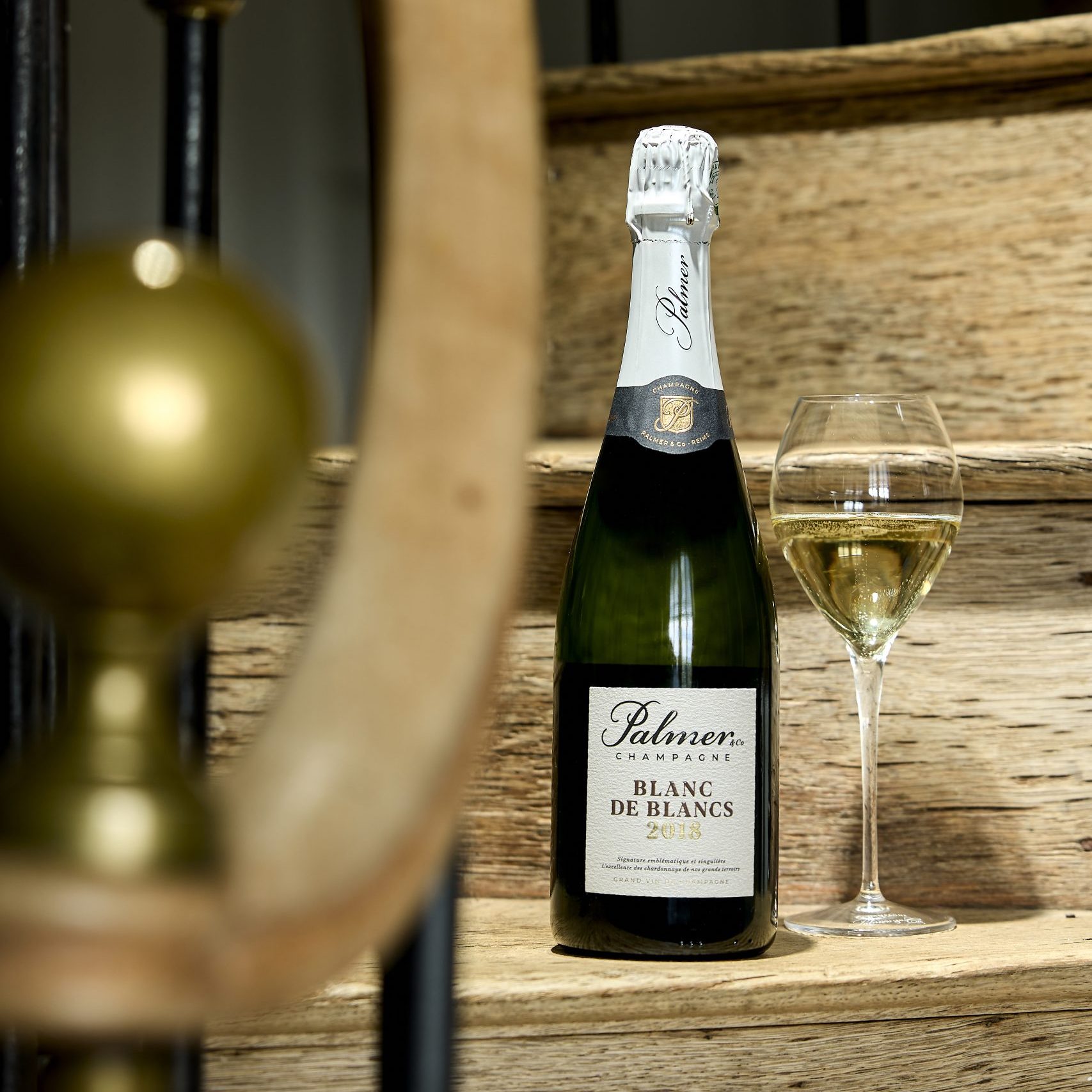Relief for UK hospitality sector as furlough scheme extended
The UK government has extended a scheme to pay wages of workers who have been placed on leave due to coronavirus lockdown measures.
The Coronavirus Job Retention Scheme will remain open until the end of October. The furlough scheme is designed to help businesses retain their workforce during the coronavirus crisis, with the government paying 80% of workers’ salaries up to £2,500 a month.
Staff will still receive this salary subsidy, but employers are now being asked to foot part of the bill. Furloughed workers will also be able to return to work on a part-time basis from August.
Chancellor Rishi Sunak told MPs on 12 May that “employers currently using the scheme will be able to bring furloughed employees back part-time.”
“And we will ask employers to start sharing with the government the cost of paying people’s salaries.”
Further details will be revealed later this month.
Roughly 7.5 million people, are now covered by the scheme, which has cost £14 billion a month.
Miles Beale, chief executive of the Wine and Spirit Trade Association, said the extension will give producers, importers and retailers “much needed breathing space to plan for a way out of lockdown.”
“It is essential for those in the hospitality sector and their suppliers, who are prevented from re-opening, that they receive the same 80% salary support until the end of October.
Partner Content
“We are continuing to push for the government to broaden the definition of hospitality to ensure the suppliers to our pubs and restaurants don’t slip through the net and end up facing closure.”
Pubs, have been some of the worst affected businesses during lockdown, with around 90% of all pub workers now furloughed. It is unlikely they will open at the same time as restaurants.
Emma McClarkin, chief executive of the British Beer and Pub Association (BBPA), was less enthusiastic about the furlough scheme’s extension. She warned that asking pubs and breweries to pay a proportion of furlough costs while remaining closed “could still lead to significant job losses for our sector.”
“Pubs and breweries cannot remain closed with no revenue coming in, but be asked to cover a higher proportion of employment costs.
“The Government has done absolutely the right thing by extending the scheme and we hope it will prevent job losses. We will await to see the full detail at the end of the month so that we understand how much it will help our sector and how it will work in conjunction with the re-opening plans for pubs and breweries.”
Of course, not all venues will be able to cope with social distancing measures. Jane Pendlebury, the CEO of the Hospitality Professionals Association, called the target to reopen hotels, bars and restaurants by July “enormously ambitious”.
“If you’re blessed with a spacious outdoor area – and good weather – then providing a food and drink offering is much more feasible. If not, however, the necessities of social distancing will prove very problematic; problems that are only enhanced by the diversity within our industry.”




